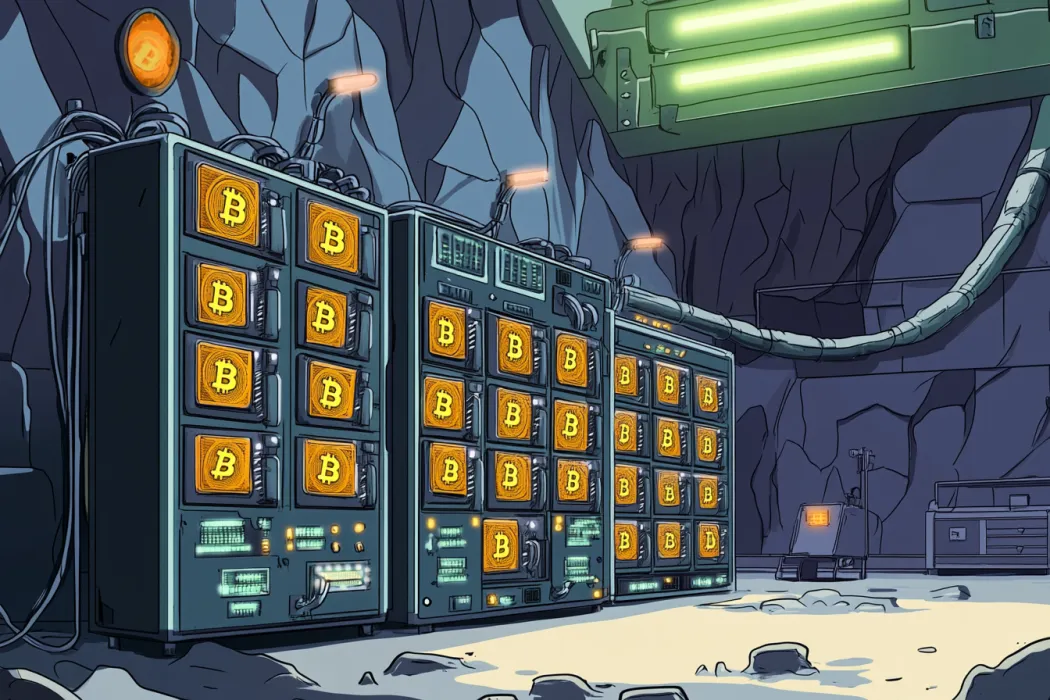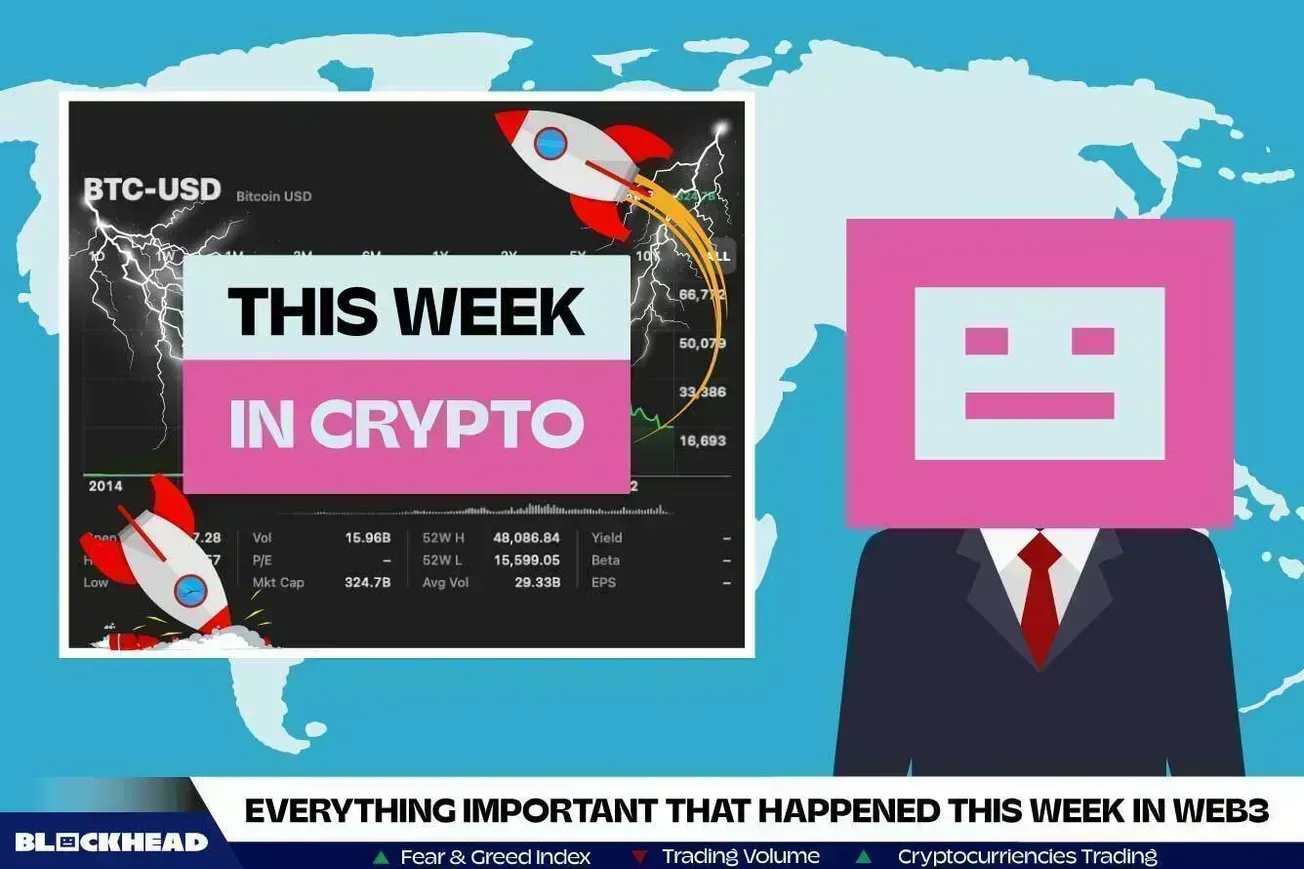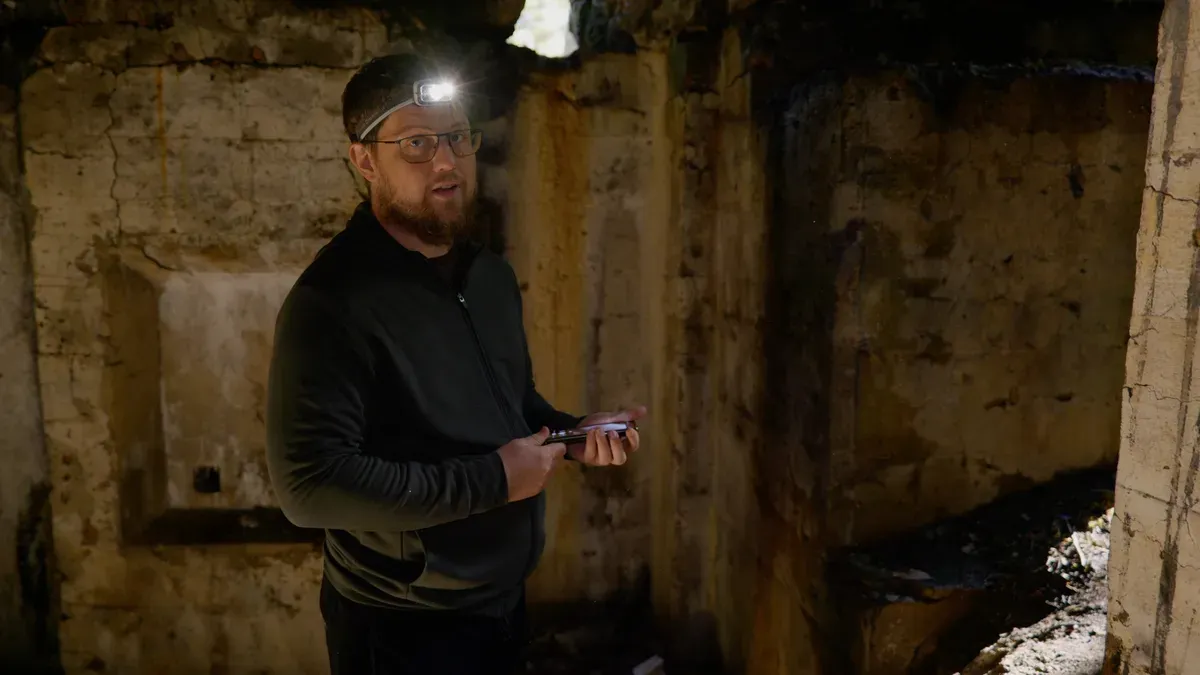Table of Contents
CertiK, a prominent security firm in the cryptocurrency space, has found itself embroiled in a major controversy this week.
The situation began when CertiK allegedly identified a series of "critical vulnerabilities" in Kraken, a major cryptocurrency exchange. The firm said Kraken's deposit system "may fail to differentiate between different internal transfer statuses" and conducted a series of tests, which all failed.
"The real question should be why Kraken’s in-depth defense system failed to detect so many test transactions. This is indeed what we were testing. You often heard from a weak exchange’s response to a security bug finding with a brag of their strong risk control and in-depth defense system (that they claim would prevent any significant loss). CertiK put this to the test with Kraken, and they failed miserably," the firm said in a Tweet, adding "Upon discovery, we informed Kraken, whose security team classified it as Critical: the most serious classification level at Kraken."
CertiK recently identified a series of critical vulnerabilities in @krakenfx exchange which could potentially lead to hundreds of millions of dollars in losses.
— CertiK (@CertiK) June 19, 2024
Starting from a finding in @krakenfx's deposit system where it may fail to differentiate between different internal… pic.twitter.com/JZkMXj2ZCD
Instead of following responsible disclosure procedures, which involve notifying the affected party and working collaboratively to fix the security flaw, CertiK reportedly exploited the vulnerability to move $3 million worth of crypto out of Kraken's coffers.
What followed was a series of events that cast a dark cloud over CertiK's reputation. Rather than privately informing Kraken and working towards a solution, CertiK demanded a bounty for the "safe" return of the stolen funds. This public pressure tactic escalated into a messy Twitter spat, with CertiK seemingly admitting to the exploit and ransom attempt through a series of tweets that have since been deleted.
Kraken Security Update:
— Nick Percoco (@c7five) June 19, 2024
On June 9 2024, we received a Bug Bounty program alert from a security researcher. No specifics were initially disclosed, but their email claimed to find an “extremely critical” bug that allowed them to artificially inflate their balance on our platform.
With the situation becoming increasingly public, and facing potential legal repercussions or clawback attempts by Kraken, CertiK took a further concerning step. They began moving the stolen funds through Tornado.cash, a cryptocurrency mixing service designed to obfuscate transaction trails. This move suggests an attempt to launder the stolen funds and make them untraceable, a tactic more commonly associated with malicious actors than reputable security firms.
CertiK's Defense: White Hat Gone Rogue?
CertiK has attempted to defend their actions by claiming they were acting as a "white hat hacker." White hat hackers are ethical security researchers who identify vulnerabilities and responsibly disclose them to the affected party, allowing them to patch the flaw before it can be exploited by malicious actors.
However, a closer look at CertiK's actions reveals significant discrepancies from the standards expected of white hat hackers. Responsible disclosure, the cornerstone of white hat hacking, involves collaboration. It means notifying the affected party, providing details about the vulnerability, and working together to fix the issue. Instead, CertiK publicly demanded a ransom before any disclosure, a tactic that falls squarely under extortion, a criminal offense.
This incident has shattered trust in CertiK's services. If they're willing to exploit vulnerabilities and extort companies for personal gain, can anyone trust their security audits? Their actions set a dangerous precedent for the entire industry.
Separating Fact from Fiction
Both CertiK and Nick Percoco, Kraken's chief security officer, provided updates on Twitter/X on Wednesday, giving their respective sides of the story.
Kraken Security Update:
— Nick Percoco (@c7five) June 19, 2024
On June 9 2024, we received a Bug Bounty program alert from a security researcher. No specifics were initially disclosed, but their email claimed to find an “extremely critical” bug that allowed them to artificially inflate their balance on our platform.
Both sides agree that no user's assets were directly at risk. However, Kraken clarifies that a malicious attacker could have essentially "printed" fake funds in their account for a period.
CertiK claims to have returned everything, but the amounts differed. Kraken clarifies that CertiK initially downplayed their involvement and only one individual, presumed to be a CertiK employee, submitted a legitimate bug bounty report for a small amount. Two other accounts associated with CertiK then exploited the flaw to withdraw nearly $3 million.
CertiK admits to conducting large-scale tests, totaling nearly $3 million. Kraken confirms the exploit but emphasizes it was far beyond what was necessary to prove the vulnerability.
While CertiK claims to have informed Kraken, Kraken states the initial bug report only mentioned a $4 exploit and did not disclose the full extent of their activities. Kraken only discovered the larger withdrawals later and upon requesting a full account of CertiK's actions, CertiK refused.
CertiK denies requesting a bounty, while Kraken claims they were the first to mention a reward according to the bug bounty program. However, Kraken further highlights CertiK's refusal to return the funds until a specific reward amount was discussed.
CertiK asserts they reported large deposit addresses. Kraken acknowledges this but maintains CertiK downplayed their involvement and refused to fully cooperate with the investigation.
Q&A to recent CertiK-Kraken whitehat operations:
— CertiK (@CertiK) June 20, 2024
1. Did any real user lose fund?
No. Cryptos were minted out of air, and no real Kraken user’s assets were directly involved in our research activities.
2. Have we refused to return the funds?
No. In our communication with…
Where do we go from here? The CertiK-Kraken drama is far from over, but more important is rebuilding trust, which requires a commitment from all stakeholders. White hats must act with integrity, exchanges must prioritize security, and regulations should evolve to address the unique challenges of the crypto world. Only then can the cryptocurrency industry move forward with a foundation of trust and security.
Elsewhere



Events
Coinfest Asia
On Blockcast this week, we take a closer look at the crypto media space and the opportunities for Web3 adoption in Southeast Asia. Our guest, Steven Suhadi, co-founder of Indonesia Crypto Network (ICN) and Coinfest Asia, and board member of the Indonesian Blockchain Association shares his insights on building a successful Web3 media business, navigating the current market trends, and the potential of Web3 projects in the region. We also delve into ICN's publications and the upcoming Coinfest edition.

Get ready to connect with 6,000+ people from 2,000+ companies at the largest Web3 festival in Asia. Get your tickets now with Blockhead's 10% discount code: CA24BLOCKHEAD









